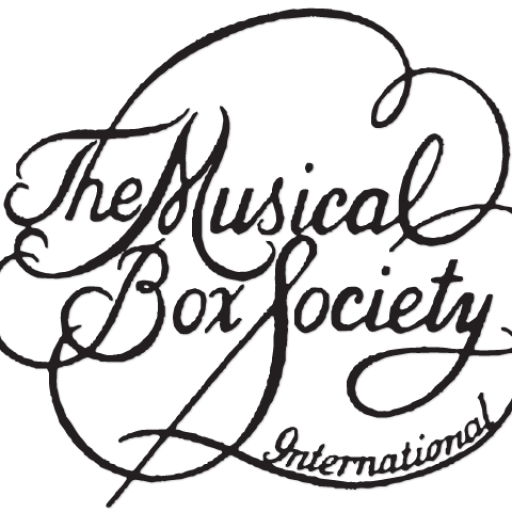North Tonawanda, NY, 1897-1909. New name in 1897 for the North Tonawanda Barrel Organ Factory, established by Eugene deKleist in 1893. The name was changed after deKleist agreed to sell its products exclusively to the Rudolph Wurlitzer Co., including a new line of coin pianos in addition to its established line of band organs. Purchased by Wurlitzer in 1909, the deKleist factory became the nucleus of Wurlitzer’s automatic musical instrument division in North Tonawanda.
Decap, Gebroeders (Decap Brothers)
Antwerp, Belgium. Company name originated by the four brothers Livien, Frans, Léon and Camille Decap, sons of Aloïs Decap who founded the firm in 1902. Maker of dance organ orchestrions (early years), piano orchestrions (limited production, early years), street and fairground organs (1920s-1930s), and a leading maker of dance organs (1930s-present). Beginning in the late 1950s, electronic components were used increasingly in place of pipes. In more recent years, traditional and electronic organs have been made. Today, Camille’s daughter Martha, her husband Louis Mostmans and son Roger continue operating the business under the name Decap Brothers of Antwerp.
Decap, Frans
Herentals, Belgium. One of the original Decap brothers of Antwerp who were sons of Aloïs Decap, the founder. Left the firm circa 1935 and founded his own company in Herentals. Today, his grandsons Tony and Frank continue to run this firm, building traditional and electronic organs.
Decap Frères
French spelling of Gebroeders Decap, or Decap Brothers.
DeBain, Alexander
Paris, France, circa 1840s-1870s. Made pianos, mechanical pianos, and separate keyboard-playing mechanisms that used “planchettes,” or pinned wooden plates.
